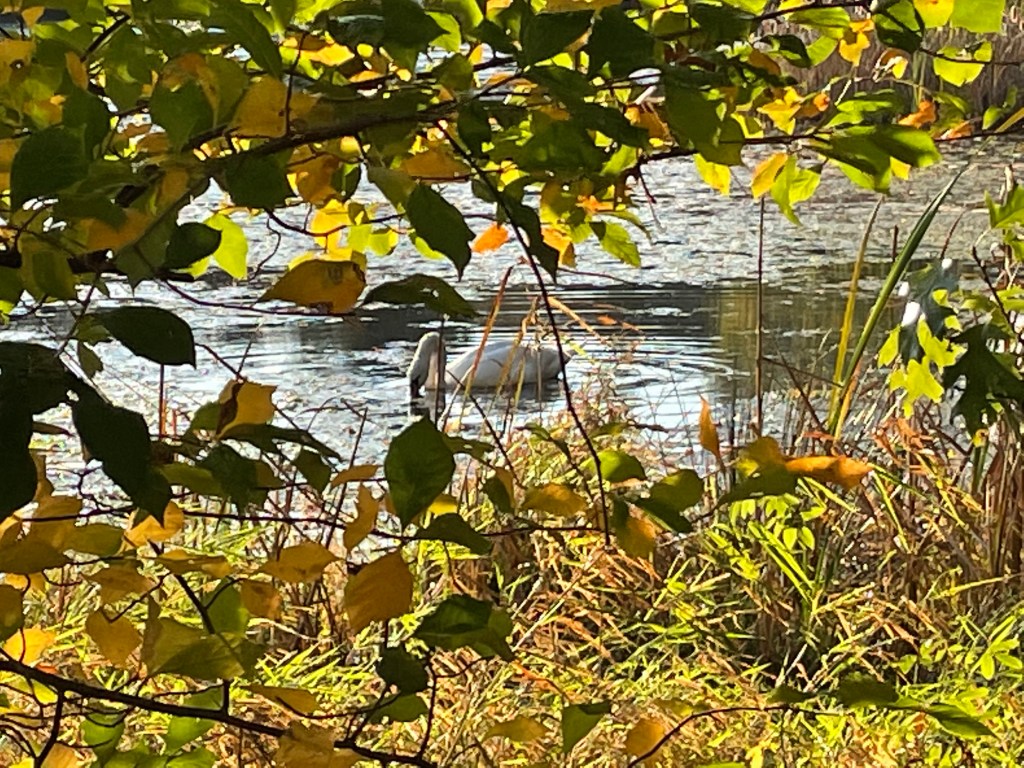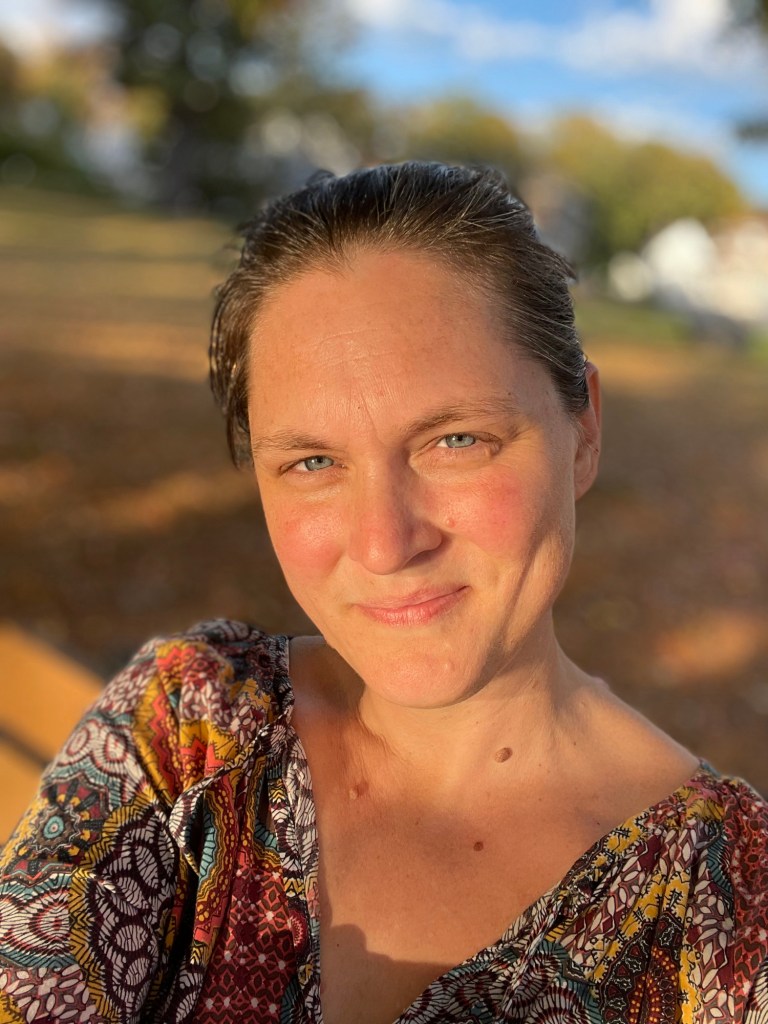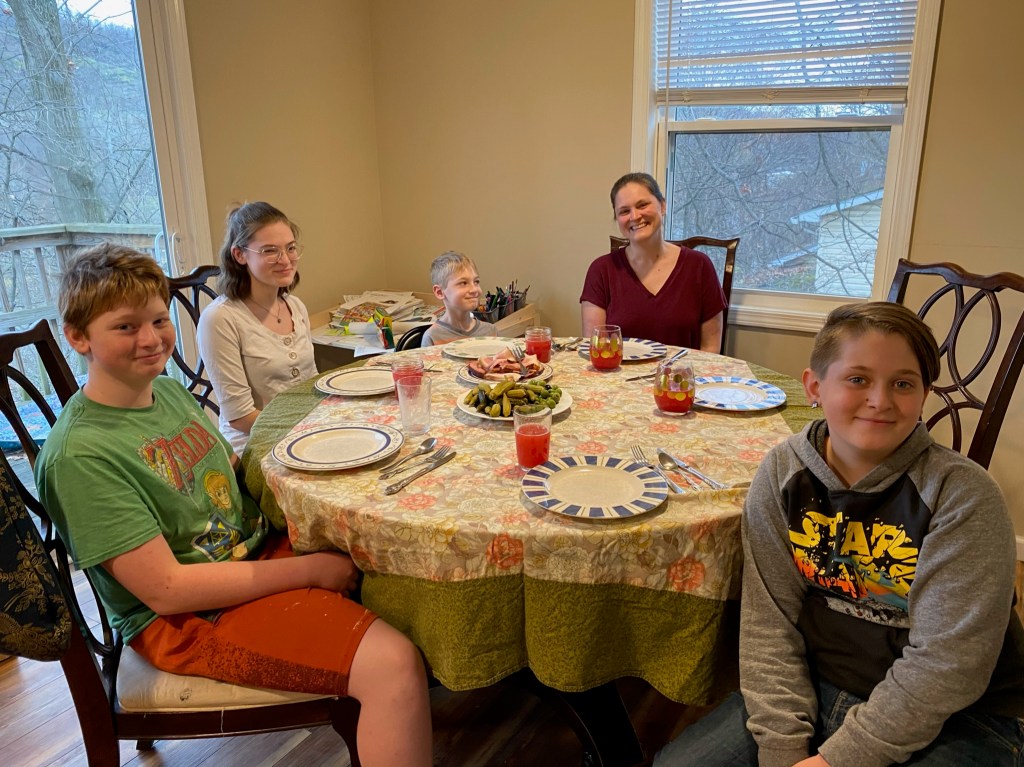
Fall is my favorite season. Or at least it always has been. I’m experiencing my first Fall in New England this year and I was surprised to find that while all the essential elements are there—breathtaking color, crisp mornings and warm afternoons, and occasional whiffs of woodsmoke—the internal response within me is not the same. Usually, on the first day that truly feels like fall I feel an abrupt internal shift to nostalgia and sentimentality. I start remembering beautiful moments from my life and love settling into a deep seated feeling of contentment.
As the morning temperature started to dip this year, I waited for that response. The leaves started to change, and I waited. I walked past my neighbor’s house with smoke curling from their chimney and I waited. I took a walk through the breathtaking beauty on an absolutely picture perfect fall day and asked myself again why this Fall feels so different.
I am very far from where I have lived before. There is a definite difference between Fall in Arkansas and Fall in Massachusetts. The timing is a bit off-sync. We are nearing the end of leaf season here and AR is definitely still in peak color. There seems to be more humidity in the air here, which means both the cold mornings and the slightly warm afternoons actually feel different to my skin. And then of course, there are no familiar landmarks here to help cue my nostalgia. Everything here is new and different.
But while I admit that these outward elements do have a part to play, there is an essential internal difference within myself as well. I’m still reflecting, just as I do every fall, but I’m reflecting differently. Whereas before my focus was mostly on thankfulness for life experiences and a certain longing to relive those moments, my mind seems to want to look back with more of a critical eye now.
I know that probably sounds negative, but it actually doesn’t feel negative right now, just different. I’m noticing not just what I’ve experienced and enjoyed, but those things that I didn’t experience that I wish I had. I have no intention to detract from the many wonderful memories I have, but as I move into middle age I am finding my internal urge is less about contentment in nostalgia but rather about intentionally determining the direction of my life. I am realizing that all those moments in my life led to a particular path in life, and I am now assessing that path and considering carefully if it is indeed the path I wish to be on. My longing is less about reliving the experiences of the past, but rather a longing for certain future experiences that I hope for.
My adult life has so far been mostly focused around raising a family. I got married at 20 and had my first child days before I turned 23. The vast majority of the years since then have been spent at home caring for children and my household. In the early years of that journey, most of my future longings were still very centered around children. I daydreamed about getting pregnant, and then when I was pregnant I daydreamed about the baby to come. My nostalgia would be centered around family memories from my childhood, and special moments with my husband, and memories of my children.
And while I am still very much in the midst of parenthood, there is a shift now, both in my children’s needs and in my desire to focus on something other than just motherhood, not to mention the fact that I most definitely am not sitting around longing for another baby. The last few years I’ve spent shifting my focus into discovering who I am other than “mom.” As I’ve dug into my soul, I’ve discovered treasure, pieces of myself that were hidden, buried underneath the layers of mothering. Some pieces I intentionally left behind to live this life, others I didn’t really know were there because I didn’t take the time to look at them before jumping headlong into marriage and childbearing. I’ve struggled with some of these discoveries and rejoiced in others. I’ve grieved the loss of not finding some of these earlier, and welcomed others back that I’ve missed. It’s been a hard, beautiful, and sometimes scary journey.
As we come out of nearly two years of pandemic living, which in many ways has put on hold some of my own personal journey as I’ve had to focus more on family and home again for awhile, I am now looking back on both my early adult life and what I’ve learned in more recent years and wondering if I have some choice in which paths my life takes next. I’m not just looking back on who I have been, but also wondering who I want to become. I’m noticing how some choices I have made in life led me to bury certain pieces of who I am and how I would like to make different choices now, to build different patterns into my life and work and faith.
So, I guess I’m no longer content to look back with unqualified nostalgia. I can be thankful for the wonderful things my life has been filled with so far, while also attempting to move forward into a life that is filled with different beautiful things. Obviously I am still a wife and a mom and the main household manager. But I am no longer content to let those things be the boundaries of my life.
I got up early a few Sundays ago to drive John to church since we currently only have one car. It was the first morning we needed winter coats when we stepped outside. I haven’t been sure yet how I feel about the upcoming winter in New England. This is the furthest north I’ve ever lived (except for our brief time in Germany) and I’ve wondered if I can handle a really cold season. As we drove the short drive to church I watched the houses go by and was struck by how comfortable and cozy everything looked in the cold air. A feeling of excited anticipation filled my heart. It was as if this little New England town whispered the promises of winter to me. “Yes, winter is a thing here,” it seemed to say, “but you are going to love it.” Perhaps it is time to fall in love with a new season.










 Spring insists. No matter the turmoil in the world around us, everywhere I look I see it. Quietly, yet persistently pressing forth, until it bursts from every tree bud, emerges through warm soil, and paints its colors across our landscapes.
Spring insists. No matter the turmoil in the world around us, everywhere I look I see it. Quietly, yet persistently pressing forth, until it bursts from every tree bud, emerges through warm soil, and paints its colors across our landscapes. 

 In the midst of the upheaval these days–the unknowns, the closings, the call for social distancing–I have found myself recognizing a corresponding upheaval within myself. Almost all of us in this country have found our lives in some way affected by COVID-19 at this point, even if it is just the general noise surrounding the spread of the virus that finds its way into every moment of our days. I know that I am in the best spot possible to handle a life disrupted by a pandemic. Our basic needs are met and not under threat. I work from home already, so I don’t have to worry about needing childcare. None of us is at risk for serious complications should we catch the virus. I understand my privileged position and I recognize that all of this has and will affect others much more harshly.
In the midst of the upheaval these days–the unknowns, the closings, the call for social distancing–I have found myself recognizing a corresponding upheaval within myself. Almost all of us in this country have found our lives in some way affected by COVID-19 at this point, even if it is just the general noise surrounding the spread of the virus that finds its way into every moment of our days. I know that I am in the best spot possible to handle a life disrupted by a pandemic. Our basic needs are met and not under threat. I work from home already, so I don’t have to worry about needing childcare. None of us is at risk for serious complications should we catch the virus. I understand my privileged position and I recognize that all of this has and will affect others much more harshly.





